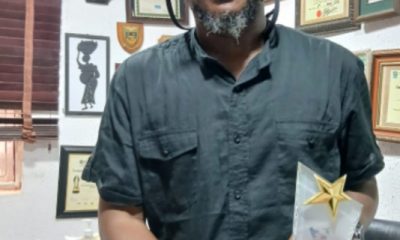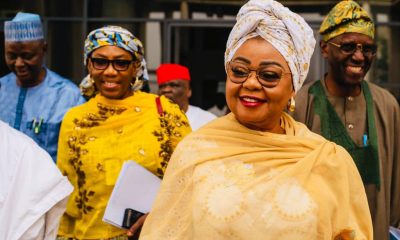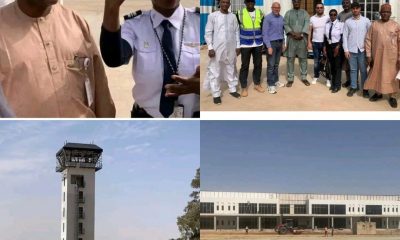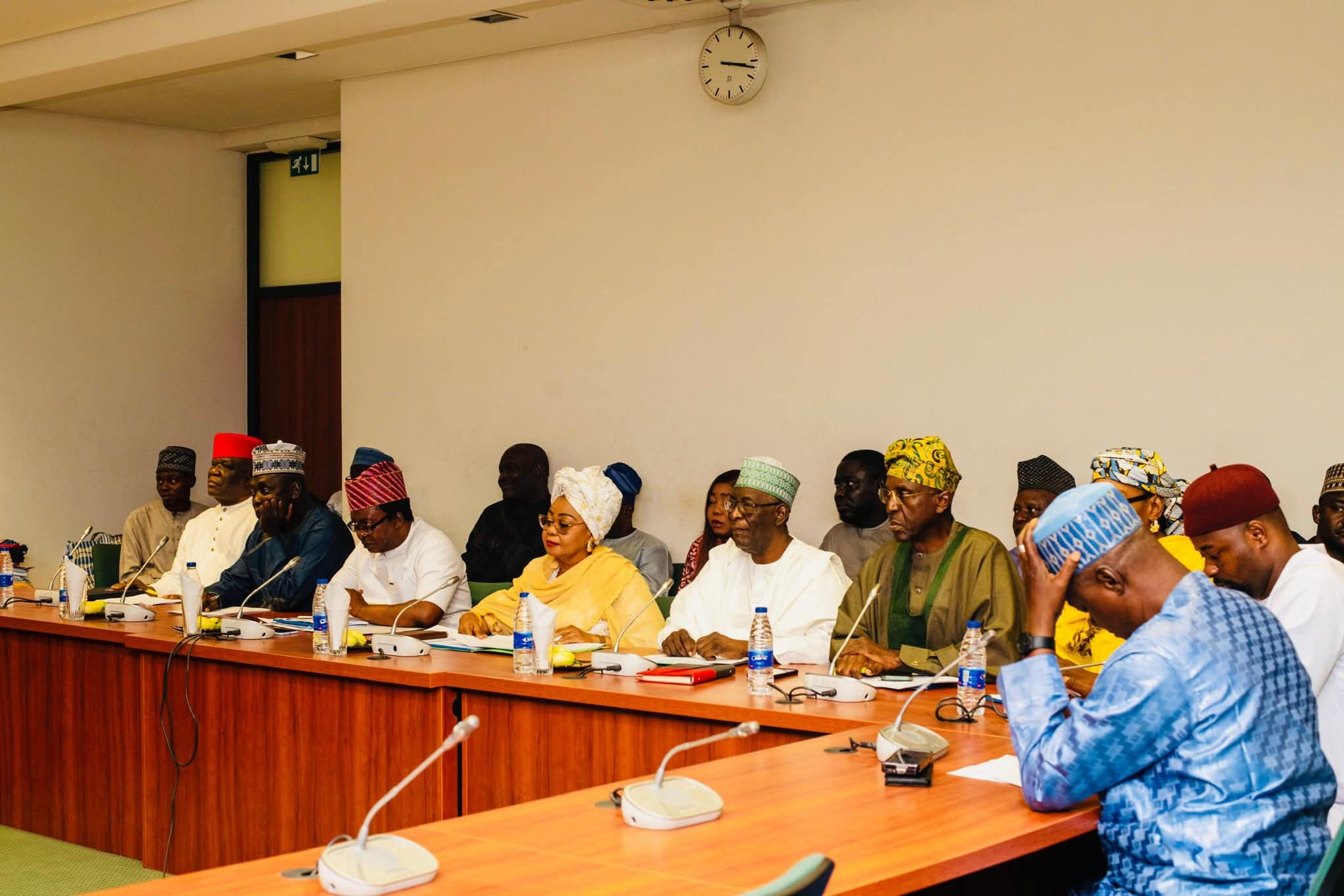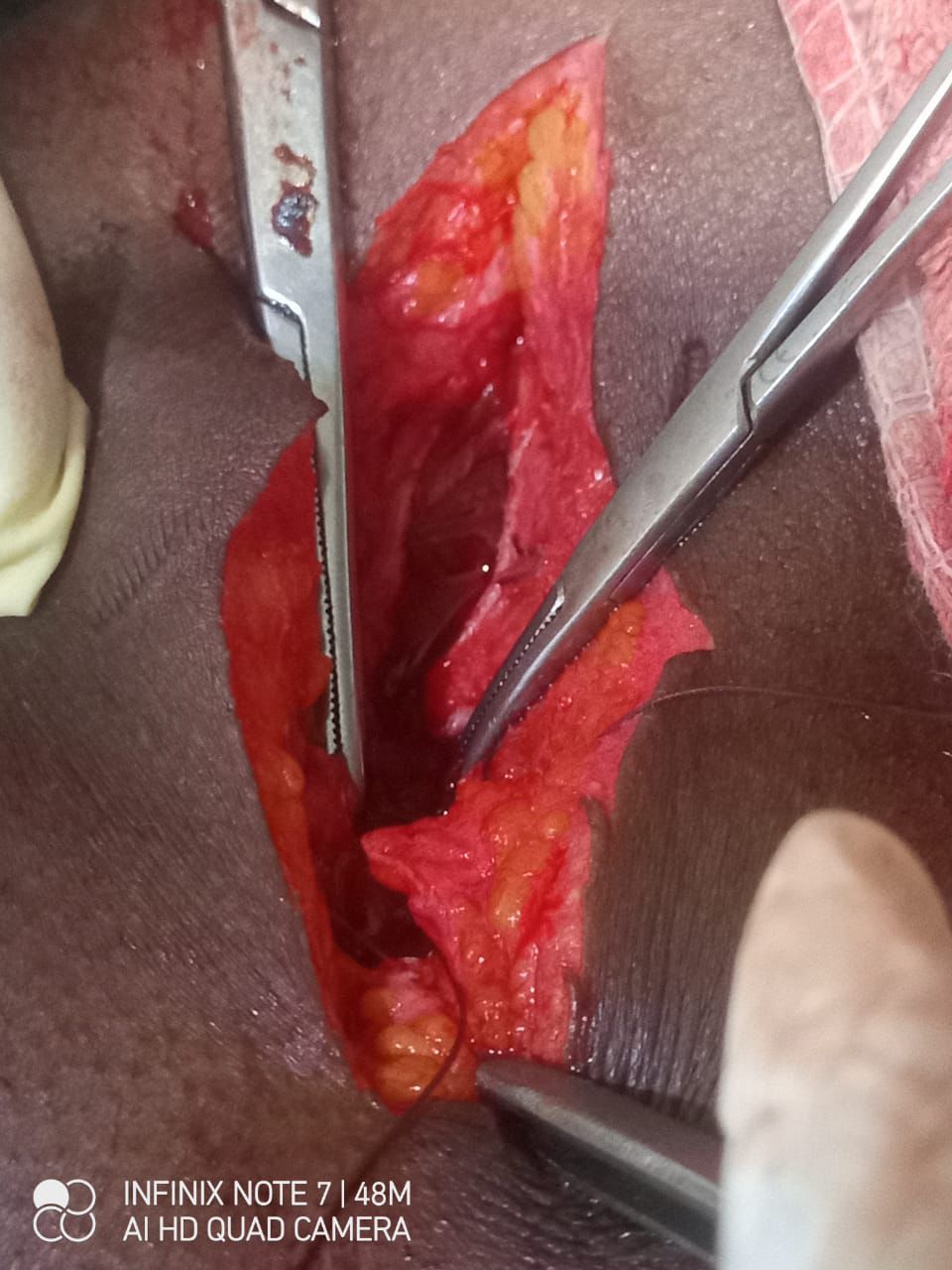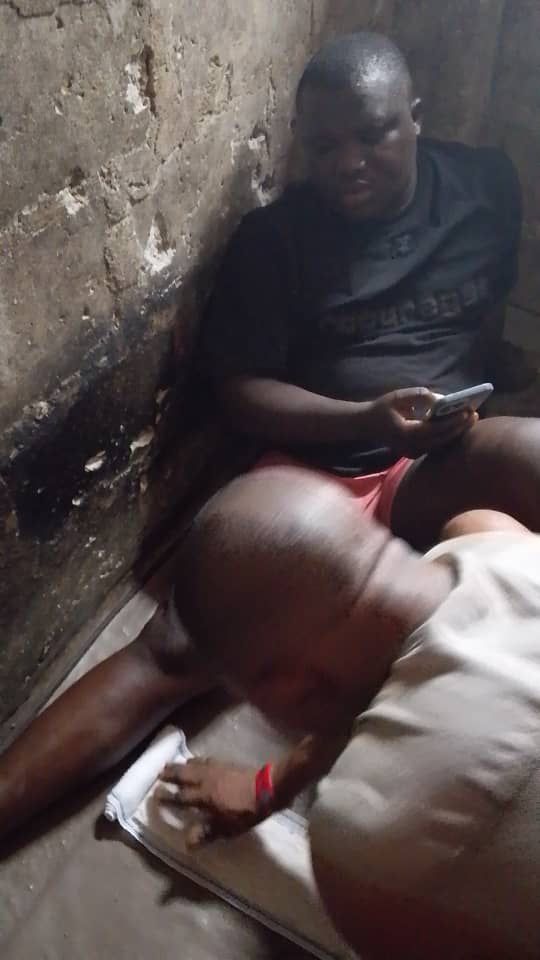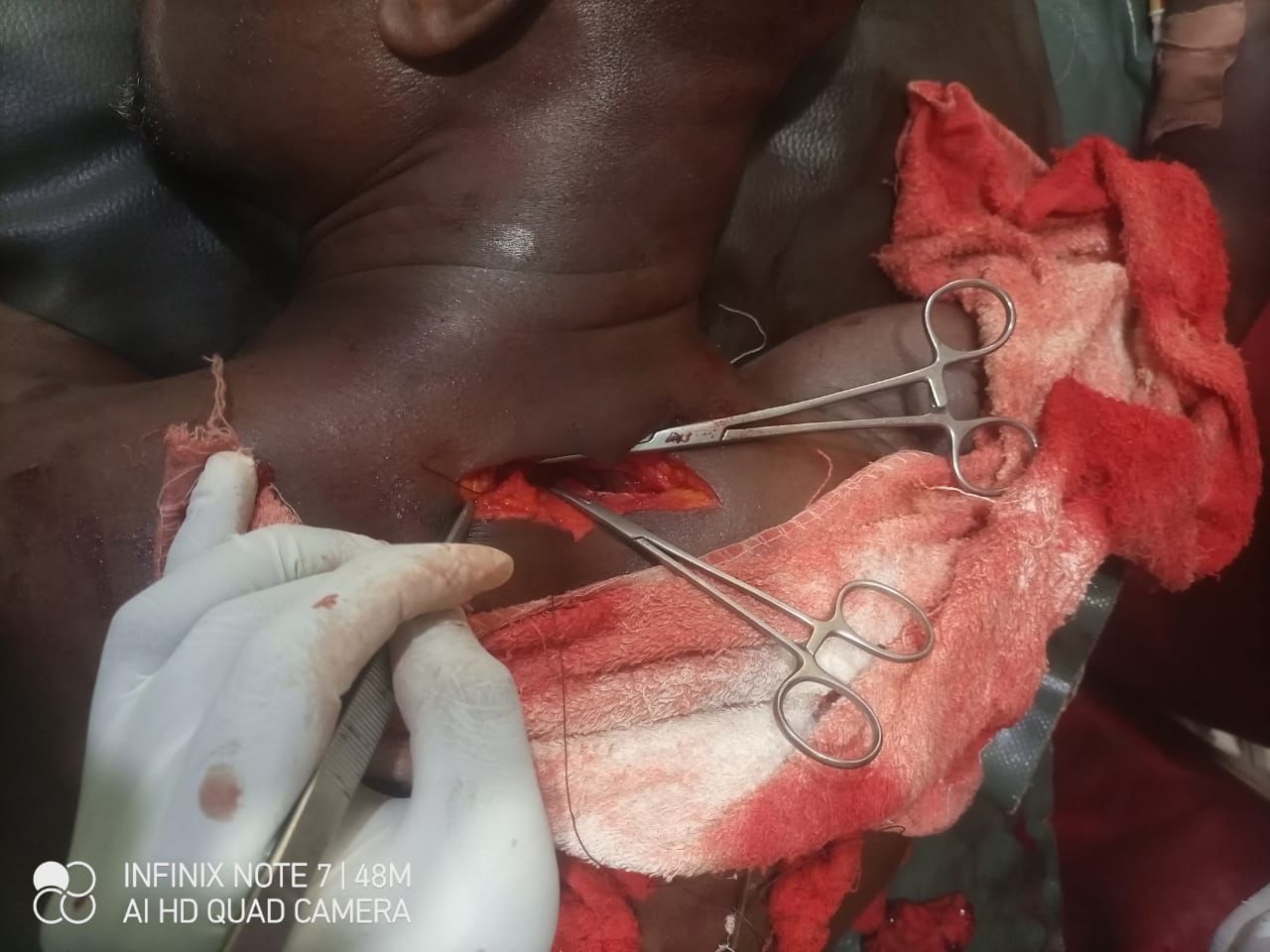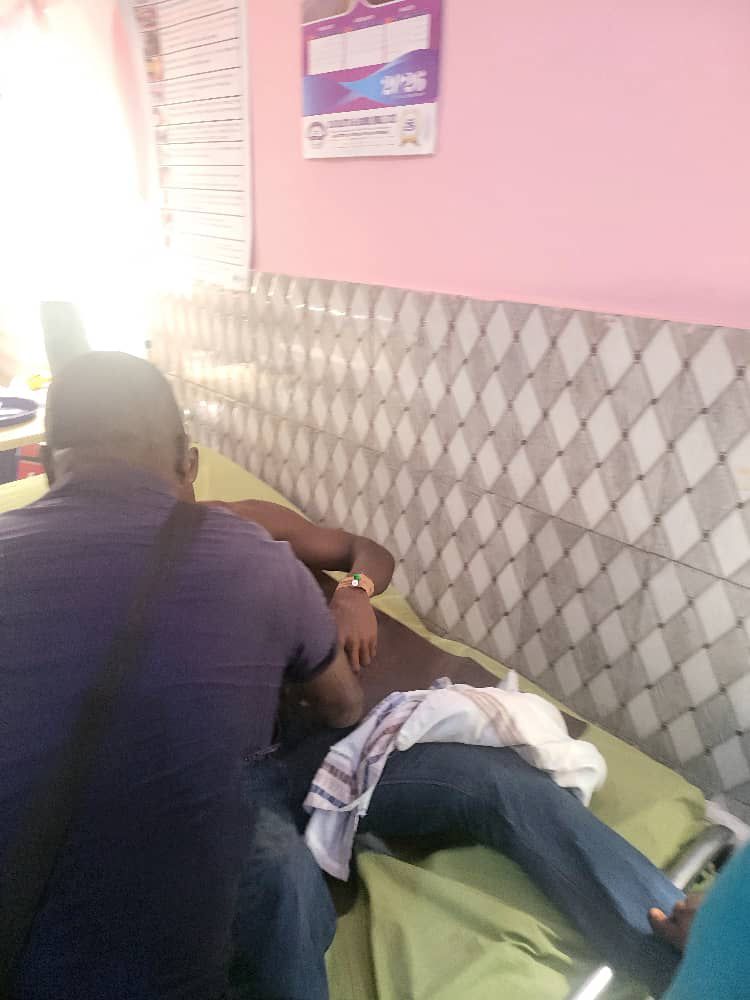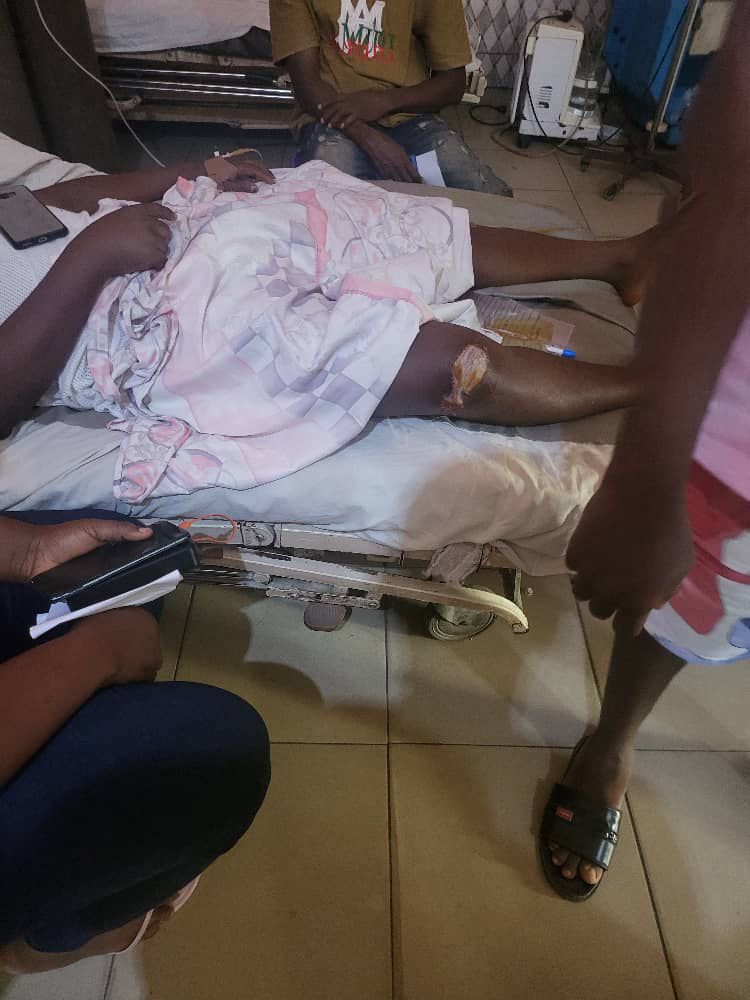society
The Journey of the Village Fishermen: Citizens as the Lighthouse of Democracy by Zeni C St John
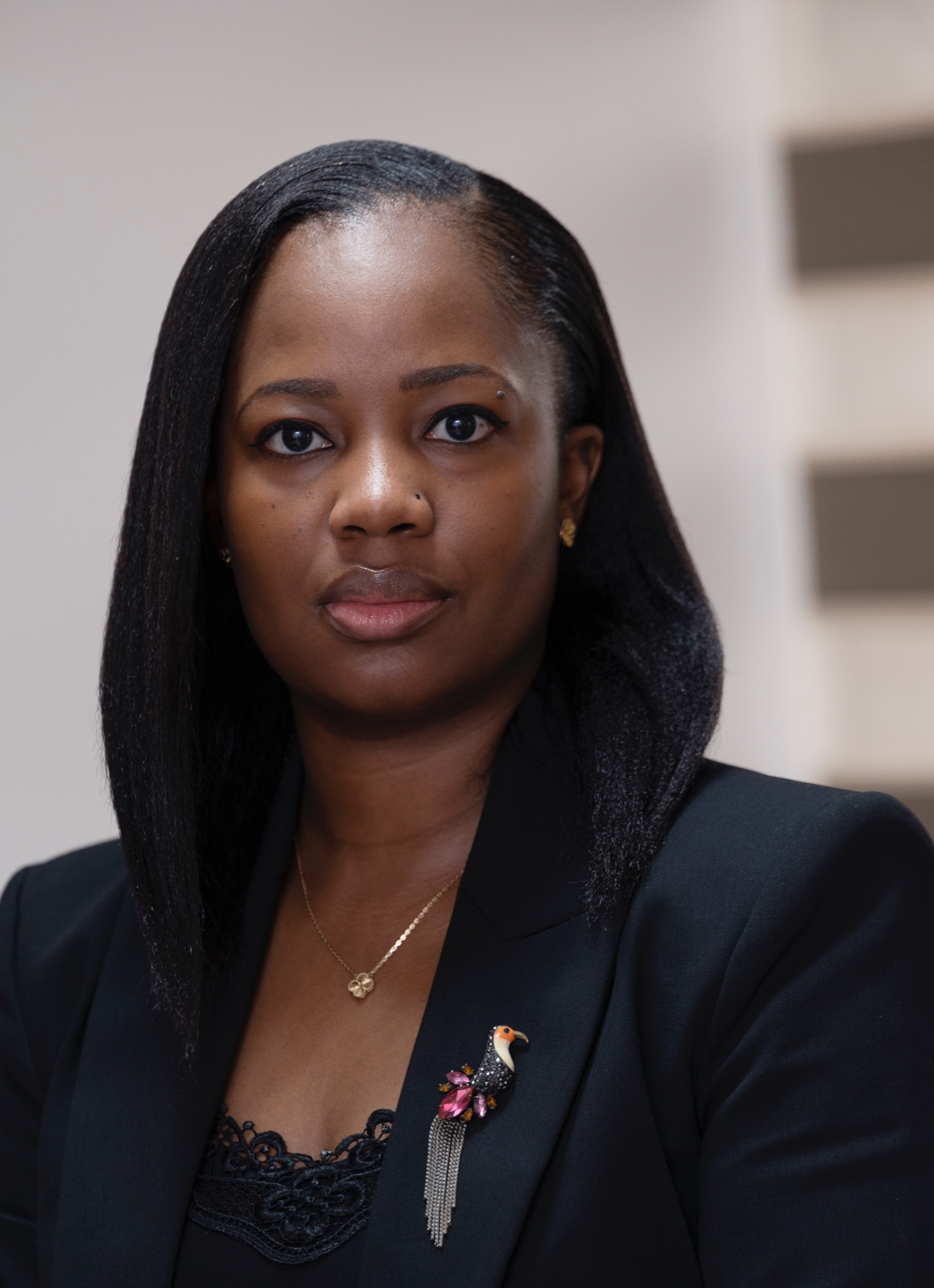
The Journey of the Village Fishermen: Citizens as the Lighthouse of Democracy
by Zeni C St John
In a small coastal village in Nigeria, the lives of the villagers revolved around the sea. Every day, the fishermen set out in their boats, navigating the vast, unpredictable waters in search of a bountiful catch. The sea provided their livelihood but was also filled with hidden dangers—strong currents, treacherous reefs, and sudden storms that could quickly capsize a boat.
To guide them safely back home, the villagers relied on their instincts, experience, and the flickering lights of the village fires that they could see from a distance. These fires were simple but powerful, their warm glow cutting through the darkest nights. They served as a beacon of hope and safety, reminding the fishermen that they could always find their way back to the village no matter how far they drifted.
Like the village’s guiding fires, the citizens of Nigeria play a crucial role in steering the country towards a brighter future. They are the ones who light the way, alerting leaders to potential dangers and helping to chart the course toward prosperity. Like the fishermen, the government depends on the citizens’ vigilance and feedback to navigate the complex waters of governance, ensuring that the journey leads to a safe and prosperous destination for everyone.
“Delivery” in governance is focused on achieving results. It involves the processes that produce tangible outcomes, address challenges, and provide solutions. Delivery enhances the coordination of government actors and initiatives, ensuring that accountability, planning, monitoring, implementation, and execution work together towards agreed outcomes. This process is akin to a ship on open waters with crucial components, including the vessel itself, the captain steering the boat, the crew working on board, the natural elements of sea and weather, and the lighthouse, which serves as a guiding light and warning system.
As this administration strives to deliver on its mandate, it requires various factors, including human resources and skills, to ensure smooth sailing and an eventual arrival at the desired destination. Furthering our analogy, if the ship is Nigeria and the course is Renewed Hope, the government needs all hands on deck to navigate global conditions and local factors, whether inherited, created, or encountered.
One critical success factor in this journey is the citizenry. Citizens are like the fires on the shores of the coastal village or a lighthouse, which guides ships, especially in tumultuous waters and weather. It serves as an early warning system for the Captain and crew on board, alerting them to perils they might not have fully factored in.
Depending on the storms the vessel is navigating and its distance from the destination, the lighthouse may occasionally lose sight of the ship but must remain vigilant and concerned. Similarly, the citizen must watch as a lighthouse keeper, listen to sound warnings, and maintain hope and commitment to the vessel’s safe arrival. This is in the interest of everyone, whether they are on board or stationed at the lighthouse.
It is important to note that the lighthouse cannot see or hear everything aboard the ship during the journey. From its static location, it may have a general awareness of the expected path of travel and what is happening en route. Still, the Captain and crew must deal with elements that the lighthouse may not have immediate visibility of.
“The strength of a nation lies in the hands of its people,” said President Bola Ahmed Tinubu. “When citizens stand vigilant and proactive, they become the true guardians of our shared journey.”
On the other hand, the ship’s captain understands the dangers and immediate challenges those aboard face, navigating storms and adjusting the sails as needed. While the lighthouse understands the direction of travel and can see when the ship is on course, it stands tall, ready to support, signal, and welcome it. Therefore, the two must work hand in hand towards delivery.
Above the complexities of governance, ships arrive at the intended destination because they have embraced the vision and are now awaiting its delivery. Sometimes, behind-the-scenes governance may feel distant, while the resulting benefits or burdens seem ever-present in citizens’ everyday lives. Similarly, latent elements being navigated on the open water are unseen by the lighthouse.
However, even when the burdens appear heavy, and the arrival of what is to be delivered feels far off, rest assured that citizens play an active role in this journey. They must assess the direction of travel and suggest course corrections as necessary, which, where pertinent, will be taken up and implemented by the captain and the crew. The President Bola Ahmed Tinubu administration has prioritised a delivery mechanism for this critical feedback—the lighthouse is located at https://app.cdcu.gov.ng.
This platform hosts the Citizens’ Delivery Tracker, ensuring citizen-centric governance remains at the heart of this administration’s journey. The Tracker presents deliverables and key performance indicators to citizens—a map of the direction of travel and a space for citizens to assess progress toward the delivery of promised goals. Citizens can track the progress of implementing the performance bonds between Mr President (our Captain) and his Ministers (the crew tasked with navigating challenges to deliver the benefits of good governance and sustainable development across their respective portfolios).
Here, citizens (lighthouse keepers) can rate the performance of Ministries, report on their eyewitness accounts (where applicable) of the progress towards delivery, and provide feedback on the resolution of their pain points. The Central Results Delivery Coordination Unit reviews each comment, escalates it to the responsible Ministry, and gives feedback to the expectant citizen through this same platform.
Similar to how the ship awaits the guidance of the lighthouse, our Captain and his crew actively seek and welcome feedback from citizens. This feedback is a crucial navigational tool, enabling the government to adjust the course based on insights from those with first-hand knowledge of the challenges and opportunities on the ground. Citizens are uniquely positioned to identify areas that may require attention, providing valuable perspectives to enhance the government’s ability to respond effectively to expected and unforeseen circumstances. By incorporating this feedback, the leadership ensures that governance remains dynamic and responsive, continually adapting to the nation’s evolving needs and aspirations. This collaboration between the citizens and their government underscores a shared commitment to steering Nigeria towards a future that reflects the hopes and dreams of all its people.
“Our journey as a nation is not just about reaching a destination, but about how we navigate the course together,” President Bola Ahmed Tinubu added. “With the guidance of our people, we chart the path toward a future that benefits everyone aboard.”
Our compass as a nation points towards reforming the economy, strengthening national security, boosting agriculture to achieve food security, unlocking energy and natural resources, enhancing infrastructure and transportation, focusing on essential pillars of development, accelerating diversification, and improving governance. With the guidance of the lighthouse—our citizens—attention will be called to potential diversions and enhanced collaboration, steering the ship toward a destination beneficial to all aboard and those waiting on shore. Join the journey of delivering renewed hope and help to light the charted course as the government navigates these complex waters and delivers the dividends of democracy.
Lighthouses are critical during rough seas, dark clouds, and challenging journeys—currently experienced at home and abroad. In these times, the government relies on the lighthouse—the citizens—to be a steady beacon, guiding us safely through adversity. As the government faces endless challenges and uncertainties, citizens must remain vigilant and committed to the collective journey. Trusting that the Captain, our President, will steer the ship with determination and resolve is essential. Together, we will reach our destination by working hand in hand, realising the vision of a prosperous and harmonious nation.
In closing, “A nation’s true strength lies not in the hands of its leaders alone, but in the collective vigilance and commitment of its people.”
Zeni St. John is the Special Assistant to the President on Delivery and Coordination
society
SENATOR ADEOLA YAYI REGISTERS 4000 JAMB CANDIDATES
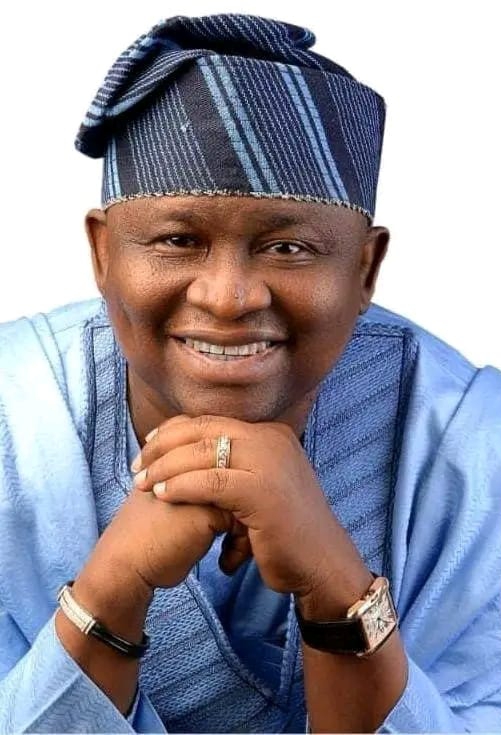
SENATOR ADEOLA YAYI REGISTERS 4000 JAMB CANDIDATES
In continuation of his educational support initiatives and following established tradition, Senator Solomon Adeola (APC,Ogun West) has successfully paid for and enrolled 4000 indigent students for the 2026 Joint Admission Matriculation Board(JAMB) examination.
According to a release e-signed and made available to members of the League of Yewa-Awori Media Practitioners (LOYAMP) by High Chief Kayode Odunaro, Media Adviser to Senator Adeola and shared with (your mediu), the programme financed by the senator under the “SEN YAYI FREE JAMB 2026” ended on Saturday , February 21, 2026, with a total of 4000 candidates successfully enrolled with their PINs provided.
Commenting on the success of the programme, Senator Adeola said the programme is another leg of his personal educational empowerment for indigent but brilliant citizens preparatory to his scholarship and bursary facilitation for tertiary education institutions’ students.
“As far as I can help it, none of our children will miss educational opportunities arising out of adverse economic predicament of their parents or guardians”, he stated.
Successful candidates cut across all the three senatorial districts of Ogun State with 2183 coming from Ogun West, 1358 coming from Ogun Central and 418 from Ogun East.
Some of the candidates that applied and are yet to get their PINs due wrong information supplied in their profiles and being underage as discovered by JAMB and other reasons are being further assisted to see the possibility of getting their PINs.
The Free JAMB programme of the Senator that has been running for years is well received by appreciative beneficiaries and their parents.
Alhaji Suara Adeyemi from Ipokia Local Government whose daughter successfully got her PIN in the programme said the Senator’s gesture was a welcome financial relief for his family at this period after payment of numerous school fees of other siblings of the beneficiary seeking admission to higher institution.
Also posting on the social media handle of the Senator, a beneficiary Mr. Henry Olaitan, from Odeda LGA said that he would have missed doing the entry examination as his guardian cannot afford the fees for himself and two of his children.
society
House Committee Seeks Stronger Financial Backing for Federal Character Commission
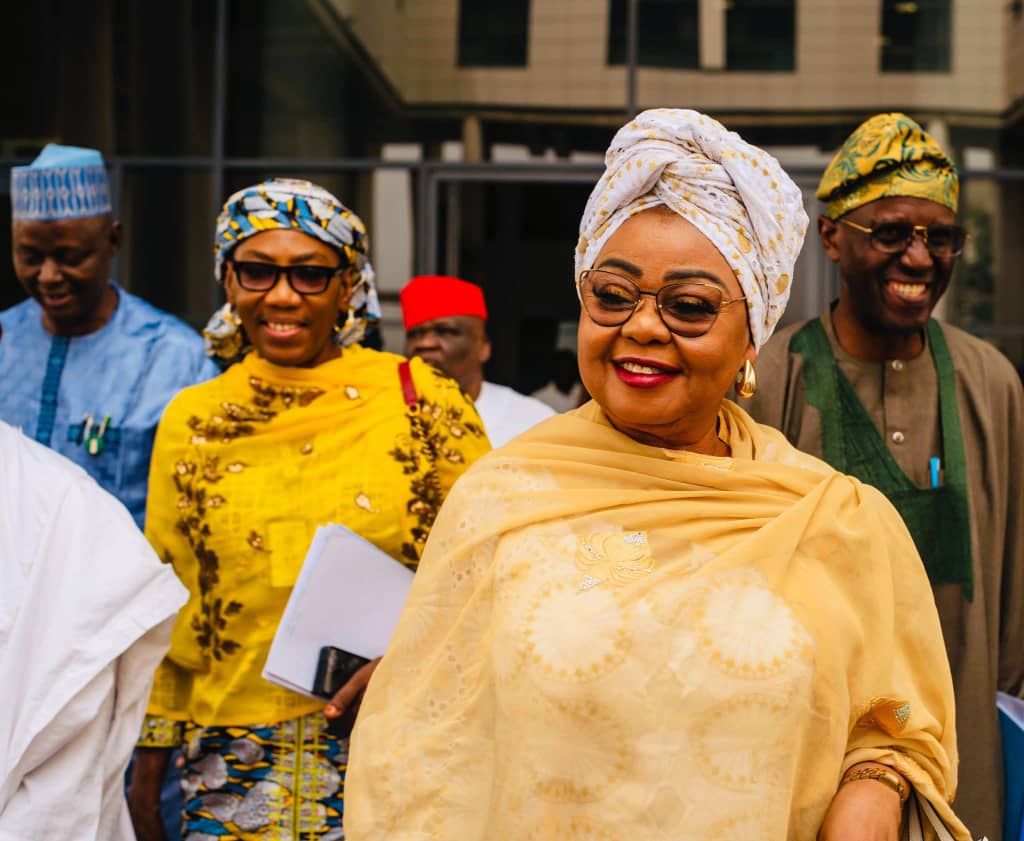
House Committee Seeks Stronger Financial Backing for Federal Character Commission
The Executive Chairman of the Federal Character Commission (FCC), Honorable Hulayat Motunrayo Omidiran, has reassured the commitment of her new leadership to reposition the Commission and strengthen enforcement of the federal character principle, despite prevailing funding challenges.
Hon. Omidiran made this known during the Commission’s budget defence before the House of Representatives Committee on Federal Character at the National Assembly on Friday, February 19, 2026.
The Executive Chairman opened up on inadequate funding has continued to constrain the Commission’s statutory activities, including nationwide monitoring, compliance audits and enforcement measures across Ministries, Departments and Agencies (MDAs).
“We are focused and determined to do the work that the Constitution and the President have entrusted us with,” Omidiran stated.
The FCC Boss, however, assured lawmakers that the Commission remains resolute in ensuring equity, fairness and balanced representation in line with its constitutional mandate.
“As a Commission, it is our responsibility to engage with relevant government parastatals and ministries to secure the necessary funding we require. We believe that with consultation and collaboration, it will be a successful venture for the Commission.”
Earlier, the Chairman of the House Committee on Federal Character, RT. Hon. Ahmed Idris Wase, expressed deep concern over what he described as near-zero budgetary allocation to the Commission, stressing that such financial inadequacies severely undermine its operational effectiveness.
The Plateau State lawmaker assured the Commission of the Committee’s firm legislative backing in advocating for improved funding and strengthening the Commission’s capacity to fully exercise its constitutional mandate.
“We cannot reasonably expect the Federal Character Commission to enforce compliance across Ministries, Departments, and Agencies while grappling with insufficient funding,” Hon. Wase remarked.
“If we are genuinely committed to fairness, equity, and national cohesion, then we must be deliberate in adequately funding the institution established to safeguard these principles.
“As a Committee, we shall work closely with the leadership of the Commission to ensure that its budgetary provisions reflect the magnitude of its mandate. The era of skeletal or token funding must give way to realistic and sustainable financial support,” he concluded.
The budget defence session concluded on a note of renewed collaboration between the House of Representatives and the Commission, reflecting a shared determination to strengthen institutional capacity, enhance accountability, and promote equitable representation within Nigeria’s public service.
SIGNED:
Ademola Lawrence
Spokesperson,
Federal Character Commission
February 20, 2026
society
APC Ethiope West Congress Turns Violent: Ibori’s Daughter Escapes Assassination Attempt; Scores Injured
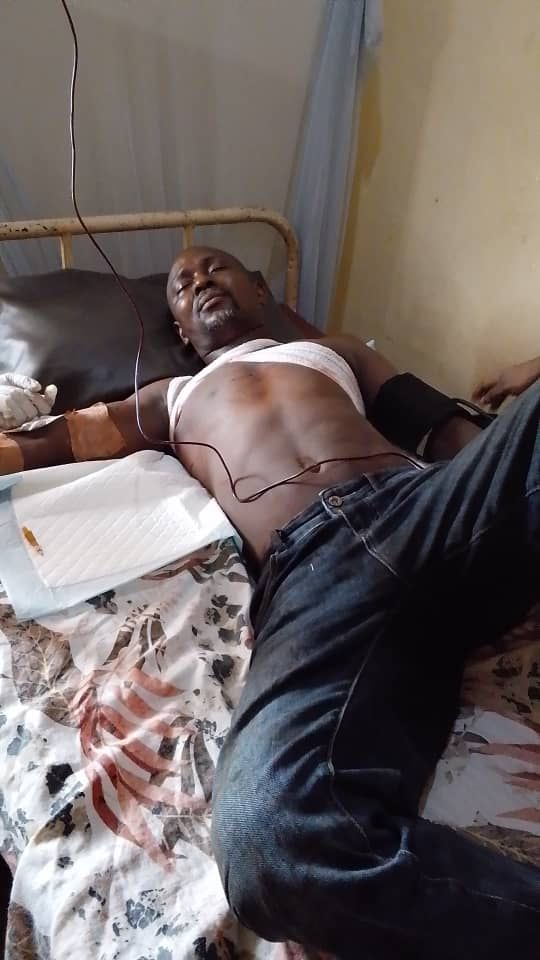
*APC Ethiope West Congress Turns Violent: Ibori’s Daughter Escapes Assassination Attempt; Scores Injured
The APC Ethiope West Local Government Area Congress took a terrible turn today as scores were attacked by gun-wielding thugs allegedly hired by old PDP members that moved to APC. The congress was relocated from its original venue the Oghara Township Stadium to a new venue,Ovade, in the LGA seemingly to disenfranchise original APC members.
Violence erupted when the Member representing Ethiope Federal Constituency Rt Hon Erhiatake Ibori-Suenu daughter of the the former Governor of Delta H.E Chief James Onanefe Ibori arrived at the new venue in Ovade. Apart from clear threats to her life by thugs sponsored by the Governor of Delta State, Rt Sheriff Oborevwori and former Rep member Hon Ben Igbakpa. Her supporters were attacked with dangerous weapons, as she was denied entrance to the venue. There were several attempts on her life which were foiled by her security details. There had been intels that she would have been shot if she had stepped foots on the venue this is terrible at a time when there had been hopes of peace coming into the party with the recent meeting at Asaba , however this recent happening shows peace is still far away .
Hon Erhiatake Ibori-Suenu has appealed for calm among APC supporters and old members amidst the unprovoked attack. Several injured individuals are receiving treatment at undisclosed hospitals.
There are still reports of targeted attacks on on members of the Old APC , calls have been made to security operatives to avert such attempts.
-

 celebrity radar - gossips6 months ago
celebrity radar - gossips6 months agoWhy Babangida’s Hilltop Home Became Nigeria’s Political “Mecca”
-

 society6 months ago
society6 months agoPower is a Loan, Not a Possession: The Sacred Duty of Planting People
-

 society5 months ago
society5 months agoReligion: Africa’s Oldest Weapon of Enslavement and the Forgotten Truth
-

 news6 months ago
news6 months agoTHE APPOINTMENT OF WASIU AYINDE BY THE FEDERAL GOVERNMENT AS AN AMBASSADOR SOUNDS EMBARRASSING


